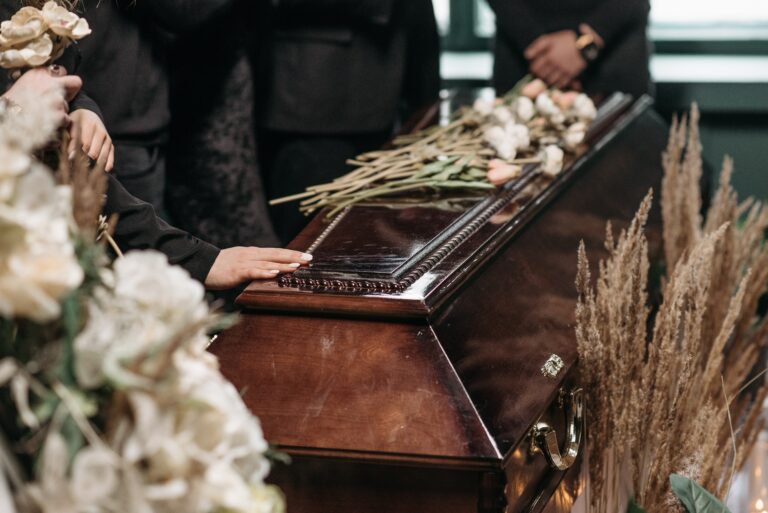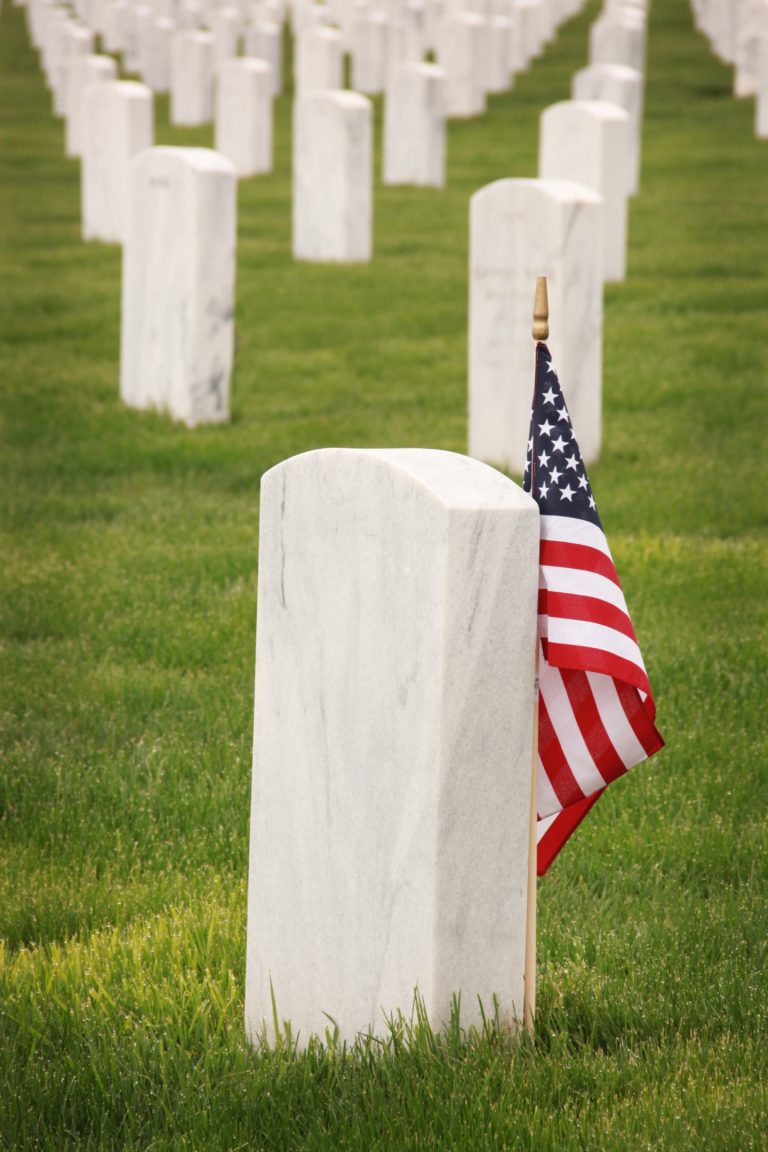
Major Blunders in Estate Planning
Kiplinger’s recent article entitled “5 Common Estate Planning Mistakes to Avoid” warns that if you overlook an important step or make a misstep in your estate planning, everything could be undone. You could instead burden your family with a challenging and headache-inducing estate.
There are many ways to get things wrong. Let’s look at a few:
- Not preparing for incapacity. The main reason to create a will is because we know that some day we’ll pass away. A will lets your family know how to distribute your property and other assets. A well-thought-out estate plan should identify the people authorized to make important decisions on your behalf regarding finances, health care and other critical matters. This is accomplished with powers of attorney. Once you are unconscious or afflicted with dementia, it will be too late. Make a list of decision-makers now, inform them of your wishes and create the necessary powers of attorney.
- Failing to include funeral and burial wishes. If you can purchase a burial plot and make funeral plans, put this in your estate planning documents. If you don’t, it may mean a lot of work for your family after your death. Name someone to be in charge of the funeral and burial arrangements and make sure that person understands your wishes. If you don’t detail your wishes prior to your death, it may become an issue for your loved ones.
- Ignoring the tax implications of transferring property. As generous as it may seem to give property to your family during your lifetime, it is usually much smarter – and far more generous – to delay the transfer until you’re deceased. If you convey the deed to property to your next of kin before you die, they may see a hefty tax bill whenever they sell the same property. That’s because the basis for that property will be tagged to the date on which you made your purchase, not the date you made your gift. As a result, it could leave your heirs scrambling to pay an enormous sum that would have been averted, had they been granted the deed after your death.
- Failing to designate backups for decision-makers. The best of plans can go south without a secondary beneficiary. This will address any unforeseen events. Name backups for your executor and other decision-makers. If they can’t fulfill their obligations, a court will name substitutes unless you’ve already planned for these contingencies.
- Not tracking beneficiary designations. In addition to stating the beneficiaries and their respective shares in your will, you must also communicate a directive to your bank that sets forth the interests in your account after your death. If you fail to do this, the bank’s rules will override anything you’re written in your will as to that account. That means your percentages will be different from those expressed in your will.
Take steps now to make certain there are no hidden issues that will haunt your family after you’ve passed.
Reference: Kiplinger (Oct. 17, 2022) “5 Common Estate Planning Mistakes to Avoid”=




